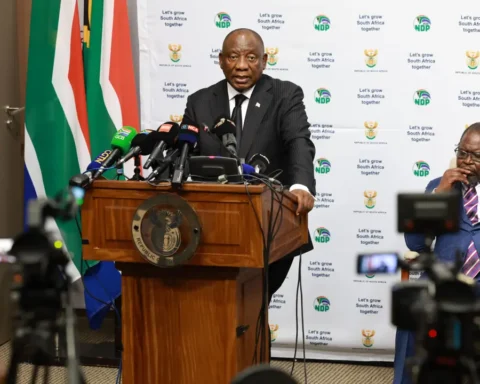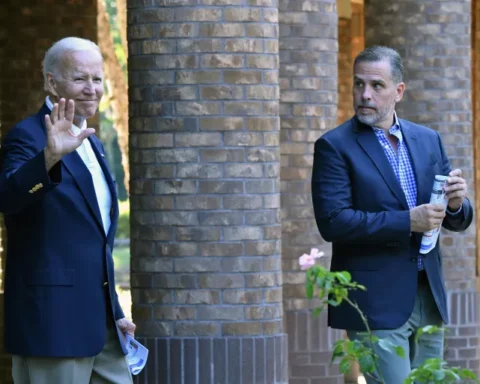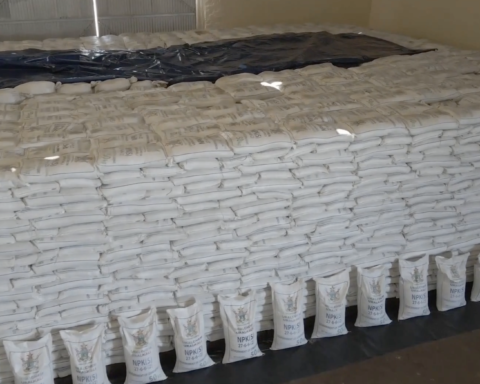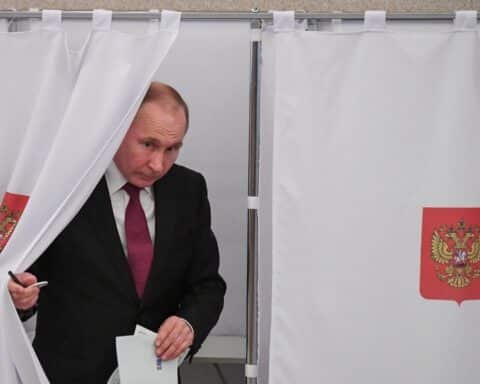U.S. pilots over Syria will defend themselves if attacked by Russians, a Pentagon spokesman said Monday, following a report that Russia will treat U.S. or coalition aircraft as targets if they fly over areas in western Syria controlled by Russia.
The Russian Defense Ministry made the threat Monday after a U.S. F/A-18E Super Hornet shot down a Syrian Su-22 after that plane bombed U.S.-backed Syrian Democratic Forces that are working with the U.S. to defeat the Islamic State on Sunday.
“Any aircraft, including planes and drones of the international coalition, detected in the operation areas west of the Euphrates River by the Russian air forces will be followed by Russian ground-based air defense and air defense aircraft as air targets,” the Defense Ministry said.
“We are aware of the Russian statements,” Navy Capt. Jeff Davis, a Pentagon spokesman, said Monday morning. “We do not seek conflict with any party in Syria other than ISIS, but we will not hesitate to defend ourselves or our partners if threatened,” Davis said.
A spokesman for the U.S.-led coalition said the Russian statement has had no effect on the operations in support of U.S.-backed Syrian fighters moving against ISIS in Raqqa in western Syria.
“Coalition aircraft continue to conduct operations throughout Syria, targeting ISIS forces and providing air support for coalition partner forces on the ground,” said Col. Ryan Dillon, chief U.S. military spokesman in Baghdad.
He also appeared to indicate the U.S. is avoiding the parts of Syria where Russia said U.S. planes would be tracked as potential targets or providing additional airpower to counter threats.
“As a result of recent encounters involving pro-Syrian regime and Russian forces, we have taken prudent measures to reposition aircraft over Syria so as to continue targeting ISIS forces while ensuring the safety of our aircrews given known threats in the battlespace,” Dillon said.
The statement was meant as a warning, said Viktor Ozerov, a member of the Russian parliament, described the Defense Ministry’s statement as a warning.
“I’m sure that because of this neither the U.S. nor anyone else will take any actions to threaten our aircraft,” he said, according to state-owned RIA Novosti news agency. “That’s why there’s no threat of direct confrontation between Russia and American aircraft.”
Russia, beyond making the threat to treat U.S. or coalition aircraft as targets, also said its “deconfliction” line with the U.S. has been shut down. The line was established so U.S. and Russian forces could avoid bombing each other as they fight ISIS.
Both Davis and Dillon insisted the hotline remains the best way to avoid future shoot-downs.
“The coalition is always available to de-conflict with the Russians to ensure the safety of coalition aircrews and operations,” Davis said. “The de-confliction line has proven effective at mitigating strategic miscalculations and de-escalating tense situations.”
Said Dillon: “We used the de-confliction line yesterday and remain open to using it. It has proven its worth in the past to tap down tensions.”








